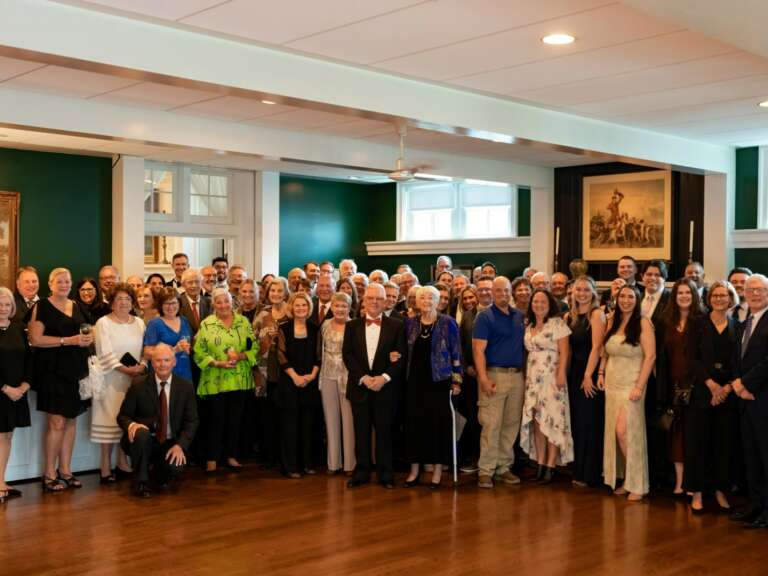Clarence Brown
Clarence Brown is admitted to practice law in Ohio.


RCO Law traces its origins to 1874, when a young man named Clarence Brown started a modest law practice in the growing industrial city of Toledo, Ohio. In 1882, Brown partnered with Frederick Lyman Geddes, and together they grew a thriving client base, representing area businesses, railroads, and related interests across a variety of legal disciplines. The firm enjoyed steady legal work for the railroad industry across the next century. Messrs. Brown and Geddes soon earned the trust of Toledo industrial giants Edward Drummond Libbey and Michael J. Owens, client relationships that would prove to be consequential to the Firm's growth and success. Owens, the first superintendent of production for the Libbey Glass Company, invented an automatic glass bottle making machine around the turn of the 20th century, revolutionizing the glass container industry. In 1903, with financial backing from Libbey, Owens founded the Owens Bottle Machine Company, which later merged with the Illinois Glass Company to form the Owens-Illinois Glass Company. The Firm, then known as Brown, Geddes, Schmettau & Williams, played a key role in the development of these and related entities, and grew with them.
For a full recitation of the firm's history, please download the history brochure.
Read more about RCO Law's contributions to the Toledo Community.
Pictured Above: Lucas County Courthouse circa 1897
Clarence Brown is admitted to practice law in Ohio.

Formation of partnership by Clarence Brown and Frederick L. Geddes.

Charles A. Schmettau is named assistant general solicitor of the Toledo, St. Louis and Western Railroad Company, later fleeting up to general solicitor.

Brown, Geddes, Schmettau & Williams move to the 11th floor of the Ohio Building, 420 Madison Avenue.

Clarence Brown passes unexpectedly at the age of 66. The Firm consisted of Frederick L. Geddes, Charles A. Schmettau, Lloyd T. Williams, Walter A. Eversman, and Harry W. Isenberg, in addition to Brown.

Henry A. Middleton joins the firm. He broke away in 1949, shortly before a successful write-in candidacy to the Ohio Supreme Court in 1950.

Williams, Everson & Morgan practiced from 405 Madison Avenue, then the corporate headquarters for Owens-Illinois, Inc.

Firm moves to the LOF Building, 811 Madison Avenue. Bill Black, Jr. passes. Firm numbers six lawyers: Lloyd T. Williams, Walter T. Eversman, James J. Robison, John M. Curphey, Maurice D. O’Connell, and Phillip E. Stebbins; subsequent hire of Samuel M. Jones III, grandson of Samuel “Golden Rule” Jones, Toledo Mayor from 1897 to 1904.

Firm adopts current name, Robison, Curphey & O’Connell.

Firm hires associate Julia Smith Wiley, the first woman to make partner. Firm supports the revitalization of the Downtown Toledo Riverfront and moves its offices to Four SeaGate, at the corner of Summit and Jackson Streets.

Firm merges with Croy & Hendel, Waterville.

Merger with Sprague, Huffman and Klein firm in Findlay, Ohio.

Firm celebrates 150 years of practice with 45 lawyers and paralegals with offices in Toledo, Findlay, and Waterville.
